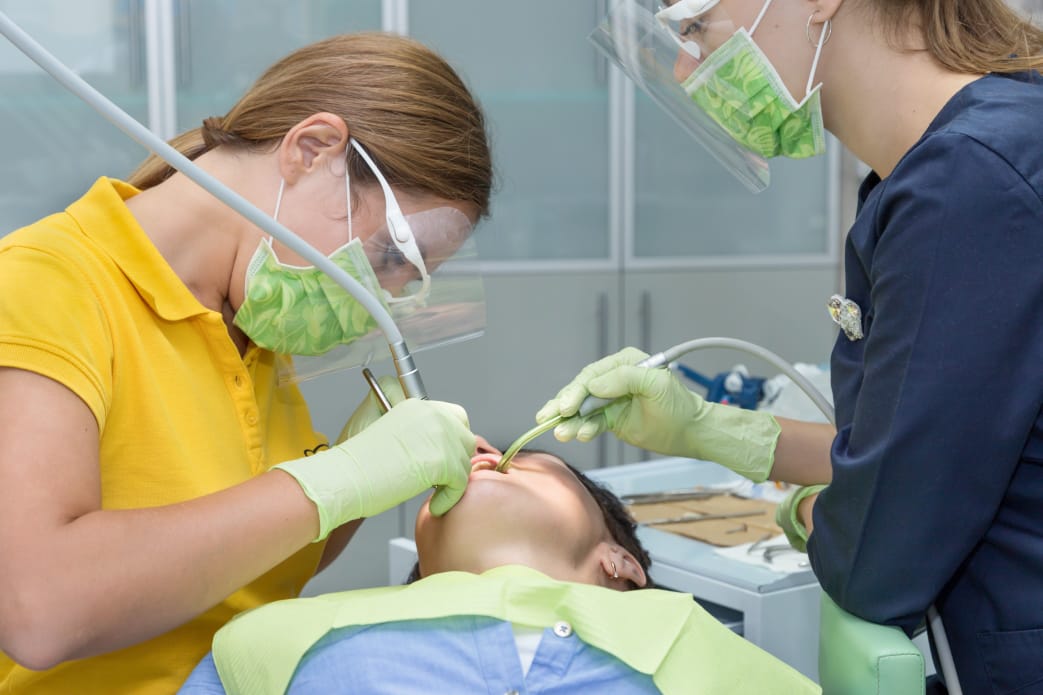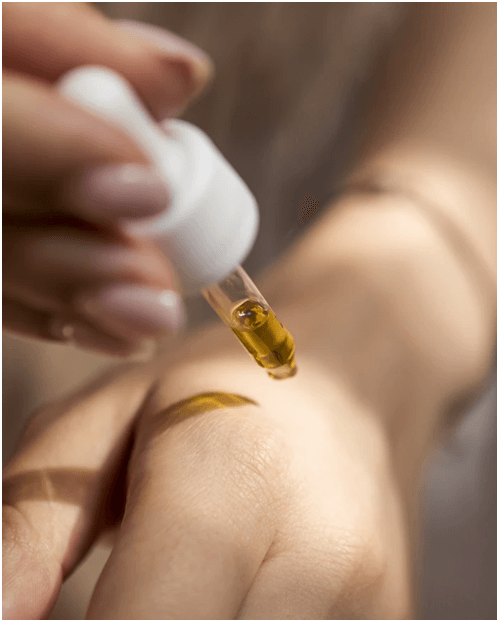If you’ve made the decision to get sober, and you’ve decided that you need professional help to do it, then you’re on the right journey to recovery. Seeking treatment is a major step towards a healthier, happier life.
The next step is choosing which type of program will be best for you. You’ll have to decide between inpatient and outpatient treatment. This is an important decision, but you don’t have to make it alone.
We’re here to help you understand the differences between these two types of programs and how they can help you create the foundation for lasting alcohol recovery and sobriety.
Table of Contents
Inpatient Recovery Programs
Inpatient alcohol rehab centers provide you with 24/7 support from medical professionals and others in recovery during your stay. Inpatient treatment offers a safe, controlled environment in which patients can focus on their recovery without being distracted by daily stressors like work, family, school and relationships.
Most people are required to complete an inpatient program before beginning an outpatient program because inpatient treatment provides a more intensive level of care than outpatient care.
Differentiating factors in Inpatient Treatment
Inpatient rehab centers have several benefits that make the most suitable for some people:
- Residential facilities offer 24hr care a day in nonhospital settings.
- Outpatient programs are highly structured and focus on every aspect of addiction
- Medical attention and safe housing are available 24hours daily.
- Both long-term and short-term programs are available.
The treatment may be unsuitable if:
- You are not in a position to fully separate from daily life responsibilities
- Your price range is that of outpatient treatment.
Inpatient Treatment Approaches
Cognitive Behavioral Therapy (CBT)
This form of treatment is based on the idea that your thinking patterns and behaviors play a role in your substance abuse. CBT helps you identify your negative thoughts and behaviors and replace them with healthier ones.
Matrix Model
The matrix model is a style of treatment for substance use disorders that combines behavioral therapy, family education, individual counseling and support for people recovering from addiction. It’s intended to help patients develop healthier patterns of behavior and learn to cope with stress, triggers and other issues that may lead to relapse.
Anger Management
Anger management helps you identify the sources of your anger and improve your communication skills. It also teaches you how to relax and develop better coping skills for stressful situations.
During anger management, you’ll also learn about healthy ways to deal with conflict and how to recognize what makes you angry.
Motivational Interviewing
Motivational interviewing focuses on providing patients with the tools they need to make their own choices about their treatment. By focusing on the patient’s motivation for recovery and how he or she can implement that into his or her life, therapists can help patients feel empowered to commit to a more permanent course of action.
Outpatient Recovery Programs
Outpatient treatment is ideal for people who have completed an inpatient rehab program or for people who can commit to a structured outpatient schedule. Outpatient services are also available to support individuals transitioning back into life after completing an inpatient drug rehabilitation program.
Differentiating factors in Outpatient treatment
Several distinguishing aspects of outpatient care make it most suitable for some people:
- You can continue living at your home while receiving treatment – this works well when your friends and family are a sound support system.
- Treatment costs are typically lower compared to inpatient care.
- There are multiple forms of therapy and counseling offered, and you get to pick out what level of intensity of care will suit you best.
- You can schedule your appointments at the weekends or evenings to accommodate other schedules such as work or school.
- Some outpatient programs can even handle the treatment for co-occurring disorders.
Outpatient treatment may, however, be unsuitable if:
- You constantly experience cravings or urges to use. Outpatient drug treatment centers may not always offer 24-hour support or remain open round the clock.
- You have difficulty showing up for your scheduled sessions on your own.
- You require medical attention or treatment for multiple disorders.
The Final Word
Addiction to alcohol is a serious and potentially life-threatening condition. Whether it’s a family member, friend, or yourself that could benefit from treatment, there are several factors to consider before deciding on an inpatient or outpatient program.
Inpatient treatment programs offer a more structured, intensive approach to recovery, while outpatient programs provide more flexibility for those who are unable to attend full-time care. Understanding the benefits of both types of programs can help you select the best treatment for your situation.




